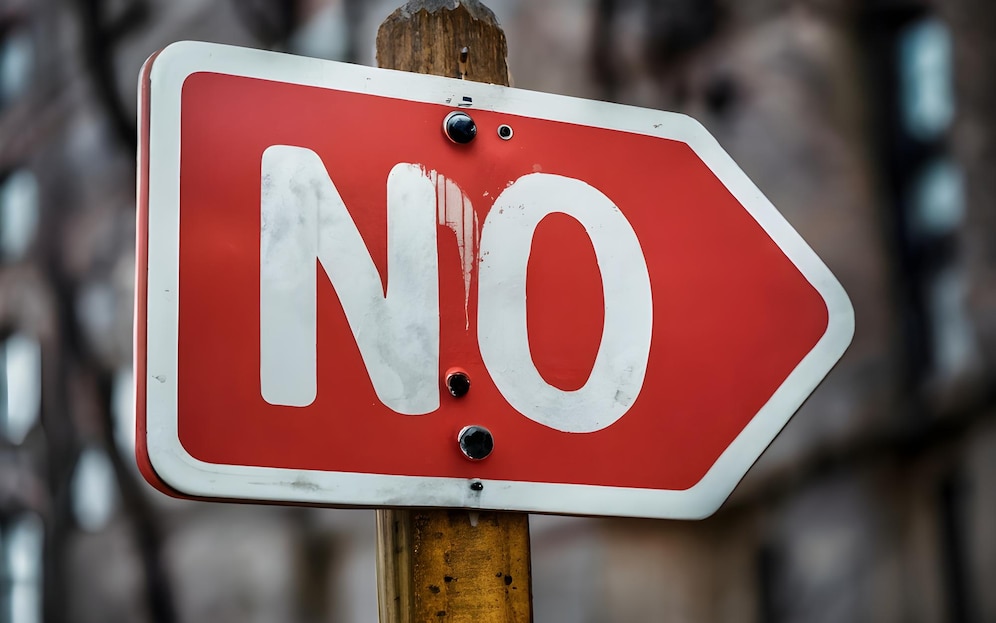The Bahá’í Faith manifests a distinct approach to spirituality, one that boldly declares “No Clergy, No Problem.” This ethos not only reshapes the conventional understanding of religious authority but also invites a more participatory, inclusive engagement with spirituality. The absence of a formal clerical hierarchy engenders a progressive interpretation of community, leadership, and spiritual realization. Herein lies an exploration of how a religion without priests functions, a testament to the innovative nature of the Bahá’í teachings.
At its core, the Bahá’í Faith posits the oneness of humanity and the interconnectedness of all religious truths. The principle of independent investigation of truth empowers individuals to seek understanding through personal experience rather than through the dogmatic lens of a priestly class. This encourages followers to cultivate their spiritual insight and assert their agency in matters of faith. Each believer is thus emboldened to engage with sacred texts, community discussions, and individual prayer, fostering a culture of inquiry and reflection.
The absence of a clergy does not equate to a lack of organization or guidance. Instead, Bahá’ís operate under a system of elected bodies known as Local Spiritual Assemblies and the Universal House of Justice. These bodies, comprised of lay members who are elected by their peers, facilitate community decisions and promote social welfare initiatives. This grassroots model of governance epitomizes the Bahá’í commitment to collective problem-solving. Rather than relying on ordained individuals to dictate spiritual matters, decisions arise from the collaborative deliberations of the community.
Communication is pivotal in this decentralized framework. Without religious intermediaries, Bahá’ís engage directly with one another, often convening in devotional gatherings, study circles, and community service events. Such forums enhance communal bonding while ensuring that diverse voices are heard. The dialogic nature of these gatherings cultivates mutual respect and understanding, fostering a sense of belonging. In this way, teaching and learning become reciprocal processes, removing barriers between the so-called learned and the layperson.
Moreover, the educational aspect of the Bahá’í Faith plays an integral role in empowering individuals. The Bahá’í Institute for Higher Education and other grassroots educational initiatives promote an extensive curriculum that encompasses both spiritual and material knowledge. This educational empowerment equips individuals with the confidence to explore their beliefs and contribute meaningfully to discussions, both within their communities and in the broader societal context. As a result, the emphasis on education prioritizes personal development and enhances the community’s collective capacity to navigate contemporary challenges.
One of the striking features of the Bahá’í community structure is its inherent egalitarianism. The absence of a formal clergy diminishes the prevalence of hierarchical stratification, affirming the belief that all individuals, irrespective of background or status, possess the capacity to contribute to spiritual discourse. This paradigm shift in perspective dispels notions of superiority associated with traditional religious authority and embraces the wisdom inherent in communal experience. The inclusive framework fosters an environment where marginalized voices can emerge, enriching the spiritual landscape.
In addition to enhancing communal cohesion, the Bahá’í approach to leadership trends toward servant leadership. Elected individuals are tasked with serving the community rather than exercising authority over it. Their role is to facilitate discussions, inspire collaboration, and guide community projects without the weight of priestly privilege. This dynamic resonates deeply with the oft-cited Bahá’í principle of the oneness of humanity, which advocates for the promotion of equality and the dismantling of arbitrary divisions.
The paradigm of “No Clergy, No Problem” also addresses the question of individual responsibility. By dispersing the traditional authority typically associated with priests, the Bahá’í Faith argues for a proactive spiritual engagement. This broadens the notion of spiritual practice to include acts of service, social justice initiatives, and community-building efforts. In this way, practitioners are continually reminded of their role as active agents of change in both personal and communal contexts.
Furthermore, the teachings emphasize the necessity of unity and harmony within diversity. In coming together without a clerical mediator, Bahá’ís practice the art of consensus-building. This involves navigating differences—not shying away from them, but rather embracing them as opportunities for deeper understanding. The resulting synergy enhances the collective discernment of the community, leading to vitally effective decision-making and fostering resilience in the face of external challenges.
While skeptics may argue that a lack of clergy could lead to disorganization or diluted doctrinal purity, the Bahá’í model counters this narrative through well-defined structures and the pursuit of unity. The reliance on elected bodies for governance ensures that differences are celebrated, and disagreement is not synonymous with division. Instead, it is an invitation to a more profound exploration of shared values, thereby reinforcing the strength of community bonds.
In summary, the Bahá’í Faith exemplifies how a religious tradition can flourish without a formal clergy, creating a vibrant, participatory community grounded in the principles of oneness, equality, and collective advancement. The dynamic interplay of education, grassroots governance, and shared responsibility leads to a holistic spiritual landscape. Ultimately, the Bahá’í approach stands as an exemplar for contemporary spirituality, demonstrating that the absence of priests does not preclude the presence of profound spiritual authority and community coherence. Through its teachings, Bahá’í encourages a shift in perspective, piquing curiosity about the potentialities of a faith anchored in unity and collective exploration of truth.
